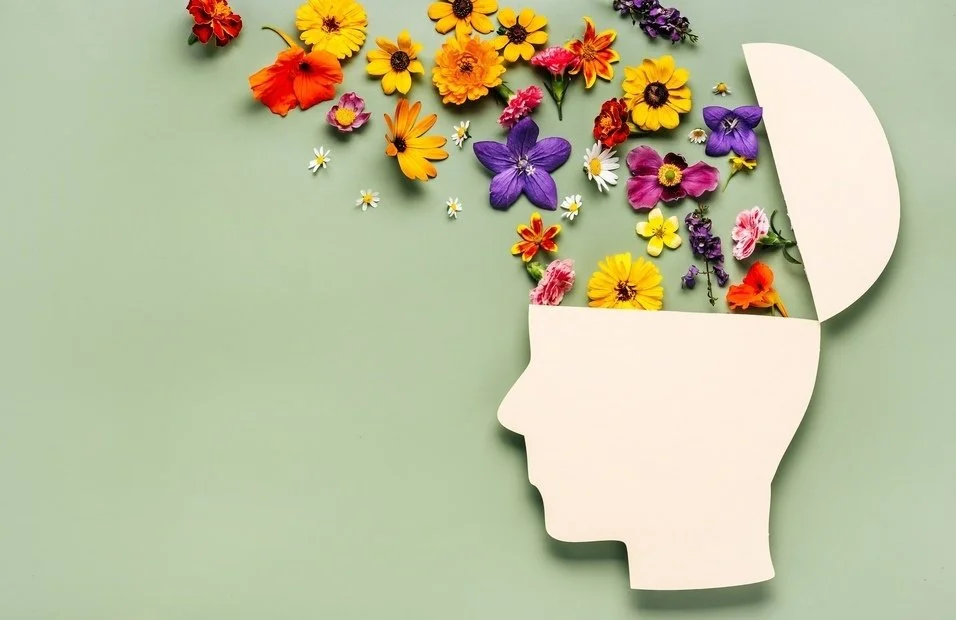The Effects of Stress on Adult’s Mental Health
In our second installment of how stress affects us, we will be looking at the effects of stress on adult’s mental health. In last week’s blog, we learned that a toxic amount of stress can be detrimental on a child’s developing brain and personality. While adults don’t need to worry about the developmental risks of toxic stress, the results can be just as detrimental on our mental and physical health.
Stress is a normal human reaction and happens to everyone. When you experience stressors like changes or challenges, your body produces physical and mental responses. Those responses help our bodies adjust to new situations and can be a positive experience when stress keeps us alert and safe from danger.
The automatic nervous system controls the body’s stress responses. These include heart rate, breathing and vision changes.
When an adult has chronic stress levels, the continued activation of stress responses has a negative effect on the body. It can lead to adverse physical, mental, and behavioral symptoms.
The symptoms of stress:
On your body:
· Sleep problems
· Fatigue
· Chest pain
· Muscle tension
· Upset stomach
· Headache
On your mood:
· Restlessness
· Lack of motivation or focus
· Irritability
· Anxiety
· Depression
· Overwhelming feelings
On your behavior:
· Changes in eating patterns
· Misuse of drugs or alcohol
· Angry outbursts
· Social withdrawal or isolation
· Less exercise
Stress management:
There are plenty of ways you can try to manage or mitigate your levels of stress. If you’re worried you have been experiencing heightened levels of stress and are feeling the effects on your mental and physical health, try some of the tactics below.
1. Regularly Exercise
Physical activity does wonders for our stress levels. Exercise reduces stress hormones and produces endorphins, the result of which improves our mood and foster relaxation. According to the CDC, adults should get an average of 150 minutes of moderate activity and two days of strength training a week. You can break up this activity to 30 minutes a day, or workout every other day. Find what works best with your schedule and stick with it. Consistency is key.
2. Practice Relaxation
There are plenty of relaxation practices, like yoga, meditation, or tai chi. Thanks to the pandemic, there are plenty of online resources for relaxation. You can use videos on YouTube, apps on your phone, or virtual classes at a local studio. Try starting your day with a 10-minute guided meditation on YouTube, like this one. Adding some clarity and relaxation in your morning can prep you to deal with the stressors that arise in your day.
3. Spend time with your social circle
Whether it’s with family or friends, spending time with your loved ones can help you manage and prevent stress. The emotional support provided by our social circles help us reduce the damaging effects of stress. It brings a sense of comfort to us and helps us combat loneliness. If you’ve had an especially stressful week, try going on a date with your significant other or hanging out with a group of friends.
4. Focus on your hobbies
Increased levels of stress can cause us to abandon our hobbies, likely due to a lack of motivation or focus. But our hobbies can help manage stress by allowing us to focus on the present and not worrying about the future. Hobbies bring a sense of fun to our lives while also giving us a break from our daily responsibilities. If you’re looking to try out a new hobby to help minimize your stress, try journaling, gardening, reading, knitting or exploring music.
5. Set goals
Set goals for your day, week, and month. Setting goals helps us narrow our view, which can make us feel more in control of the moment and long-term tasks. Set some time aside in the morning or night to write out your goals for the following day. At the end of the week and month, take a look at your past goals and take note if you achieved them.
If you or someone you love is experiencing high amounts of stress and needs support, please reach out to us. Our team of therapists is here to provide support and guidance. We look forward to connecting with you.






